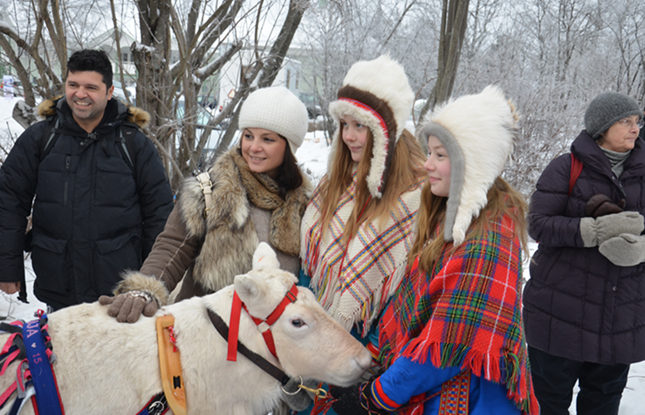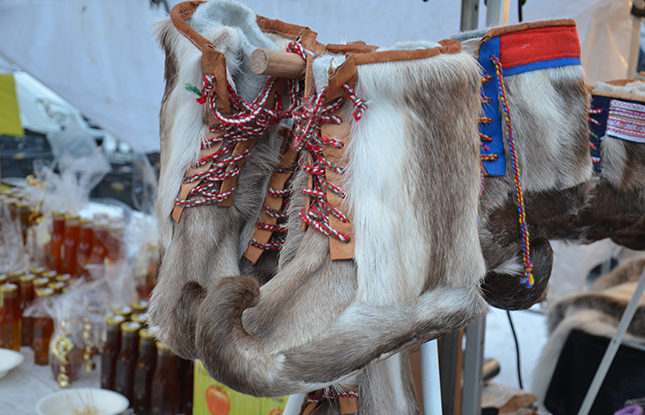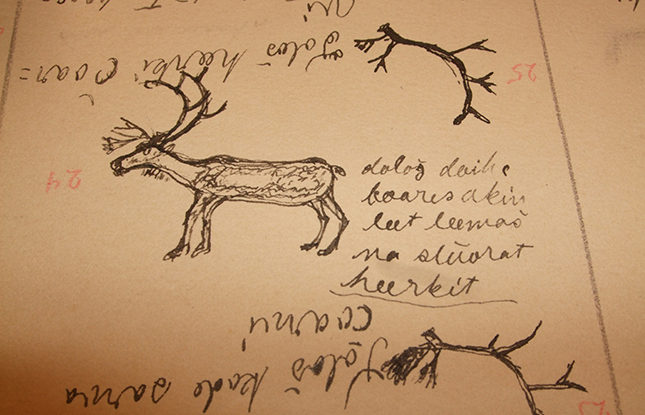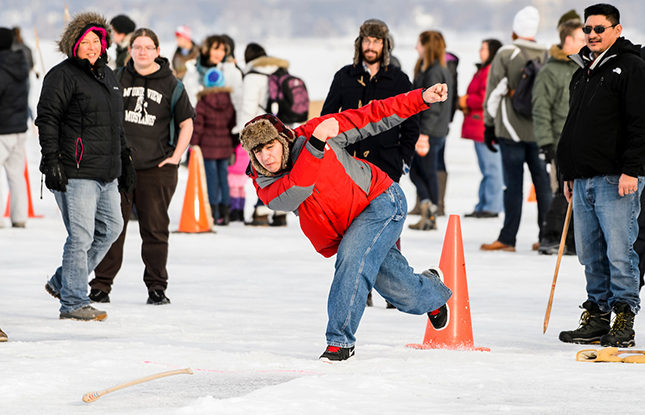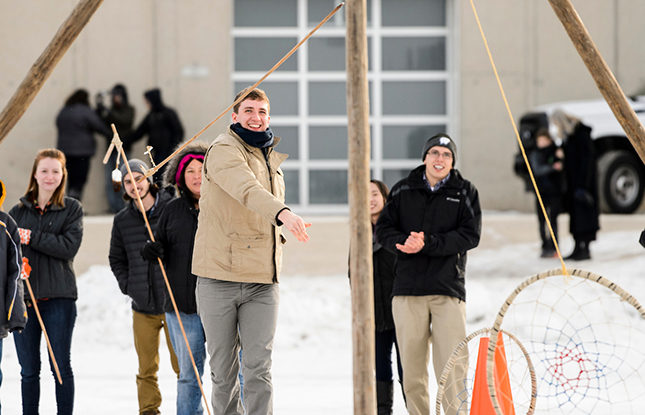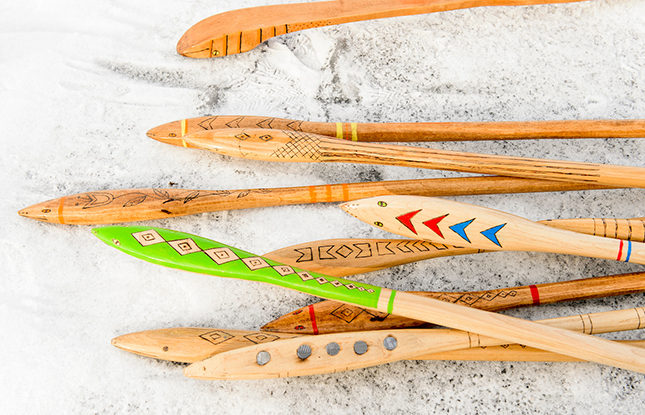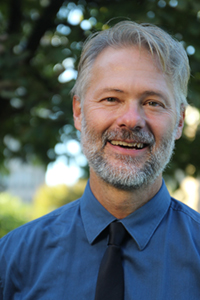 Culture is about relationships, within and between communities.
Culture is about relationships, within and between communities.
I am a folklorist with specializations in Nordic and American cultures. In my research and teaching, I help people recognize similarities human beings share from culture to culture.
But I also explore the unique elements of culture that communities develop in response to their environments and situations.
In my course on Celts and Vikings during the Middle Ages, students learn about the distrust and animosity between the Irish and the “Norse,” people with roots in Denmark, Iceland, Norway, and Sweden.
Despite that distrust, people learned from each other, shared innovations and even intermarried. As a result, Irish and Scandinavian cultures became transformed.
In my work on Sámi (known as Lapp) people, I look at the unique strategies Sámi developed for living in an arctic environment.
Using Siftr, open-source software developed at UW-Madison, my students take Sámi words for snow and apply them to the snow and ice they observe around them in Madison. They also learn how Sámi today choose what elements of their traditional culture to maintain, modify or update.
I also work with the Ojibwe people in Wisconsin, examining the ways people can choose to maintain a cultural identity.
When my students observe Ojibwe school children playing and learning about traditional Ojibwe winter games or harvesting wild rice, they come to understand how much value arises from a community working together to maintain or reclaim its traditions.
Working to understand culture and tradition helps researchers like myself engage with communities and contribute to the cultural life of society.
Thomas DuBois is a professor of German, Nordic and Slavic. He teaches and researches the use and idea of tradition in Nordic cultures, especially Finnish and Sámi, their interactions with the Celtic world and tradition among Wisconsin Ojibwe people, especially at the Lac du Flambeau reservation.
Fueling Discovery
"Fueling Discovery" is a joint effort of the UW-Madison College of Letters & Science and the Wisconsin State Journal featuring faculty members wiring about their work in their own words. The effort was financed through sponsorships and gifts from alumni and friends.
